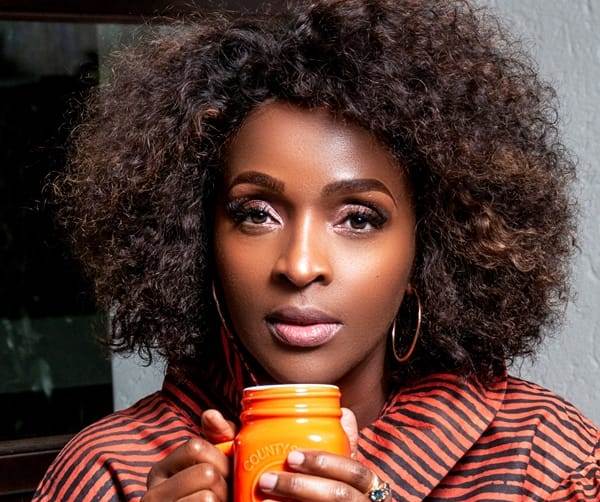Lindeka Dzedze, Standard Bank Group Executive Head of Institutional Clients and Global Markets
The COVID-19 pandemic has exposed and intensified the already deep inequalities across Africa as unemployment has risen. According to research conducted by McKinsey, women in Africa currently account for more than half of the population, but only generate a third of the continent’s GDP, as of 2018. In addition, 40% of SMEs in sub-Saharan Africa are women owned, but only 20% of these have access to institutional finance, leaving a funding gap of about $42 billion in often overlooked sectors and industries where women are economically active.
A recent IFC report revealed that gender-balanced teams in private equity generate a 20% higher net internal rate of return and according to McKinsey’s research, advancing women’s equality in the workplace would add $28 trillion to annual global GDP, equivalent to the economies of China and the USA combined. The business case for gender lens investing and gender-smart strategies is compelling in the private sector.
While we see significant progress and change taking place as a result of the accelerated interest in economic, social and governance (ESG) investments since the COVID-19 pandemic hit, there is a need for more emphasis on the social element, and gender in particular. The investment opportunity for capital allocators is significant.
Progress in gender-lens initiatives seem to have stalled since the onset of the pandemic, and at the current pace, it will take an estimated 140 years to see gender parity in Africa. To speed this up, strategic partnerships and continued multi-stakeholder action is needed to deploy gender-lens capital at scale.
It is for this reason that the Standard Bank Group joined forces with the United Nations (UN) Women HeForShe movement in 2018, with CEO, Sim Tshabalala standing up as a thematic champion of the movement. HeForShe invites men and women to stand in solidarity with gender equality and promote women’s empowerment.
Standard Bank has been intentional and has taken deliberate action in this regard, implementing socially impactful projects that target and empower women across of the continent to be the drivers of Africa’s growth and sustainability.
In 2020 we launched the African Women Impact Fund Initiative (AWIF) in partnership with the UN Economic Commission for Africa (UNECA) with the aim of creating a sustainable investment platform to grow the number of women asset managers on the continent. Women currently manage less than 6% of the funds in Africa and typically only get funding for micro type initiatives. We are effectively looking to move women from small-scale money management to making large sustainable capital allocation decisions.

Through the AWIF, we set ourselves an ambitious target to raise $1 billion over ten years for women-owned and managed asset management firms. They will in turn be invested in high-impact businesses and projects across the continent, driving female entrepreneurship.
We are harnessing the power of finance to promote inclusive and sustainable development in Africa. Working in partnership with UN Women, we have collaborated with stakeholders to empower 50 000 women farmers in Malawi, Uganda, Nigeria and South Africa, through modern, climate-smart agricultural practices. This includes working to negotiate equitable market terms and to establish business and social contracts with sustainability-focused retailers.
For over a decade we have also worked with Lionesses of Africa, an established network of over one million female entrepreneurs across the continent, and through this vehicle supported their businesses as they grow from strength to strength.
Change begins at home, and we are also committed to reaching gender parity in executive positions across our operations. Aligned to this we have set ourselves a number of targets and are steadily working towards their realisation. One such target is for 33% representation of women on our board by the end of 2021. Women in executive positions across the group in Africa are now up to 33.6% and we are confident of reaching our target of 40% by 2023. In South Africa, women already make up 36.3% of executive positions and here too, we plan to reach our target of 40% by the end of this year.
Standard Bank’s employees are the biggest champions of this cause and we want to visibly lead in this space, making an impact that is real and valuable to women across the continent. We aim to be even more visible and purposeful in championing gender issues because we recognise that for Africa to emerge out of this pandemic stronger, women must be placed at the centre of economic recovery plans on the continent.

